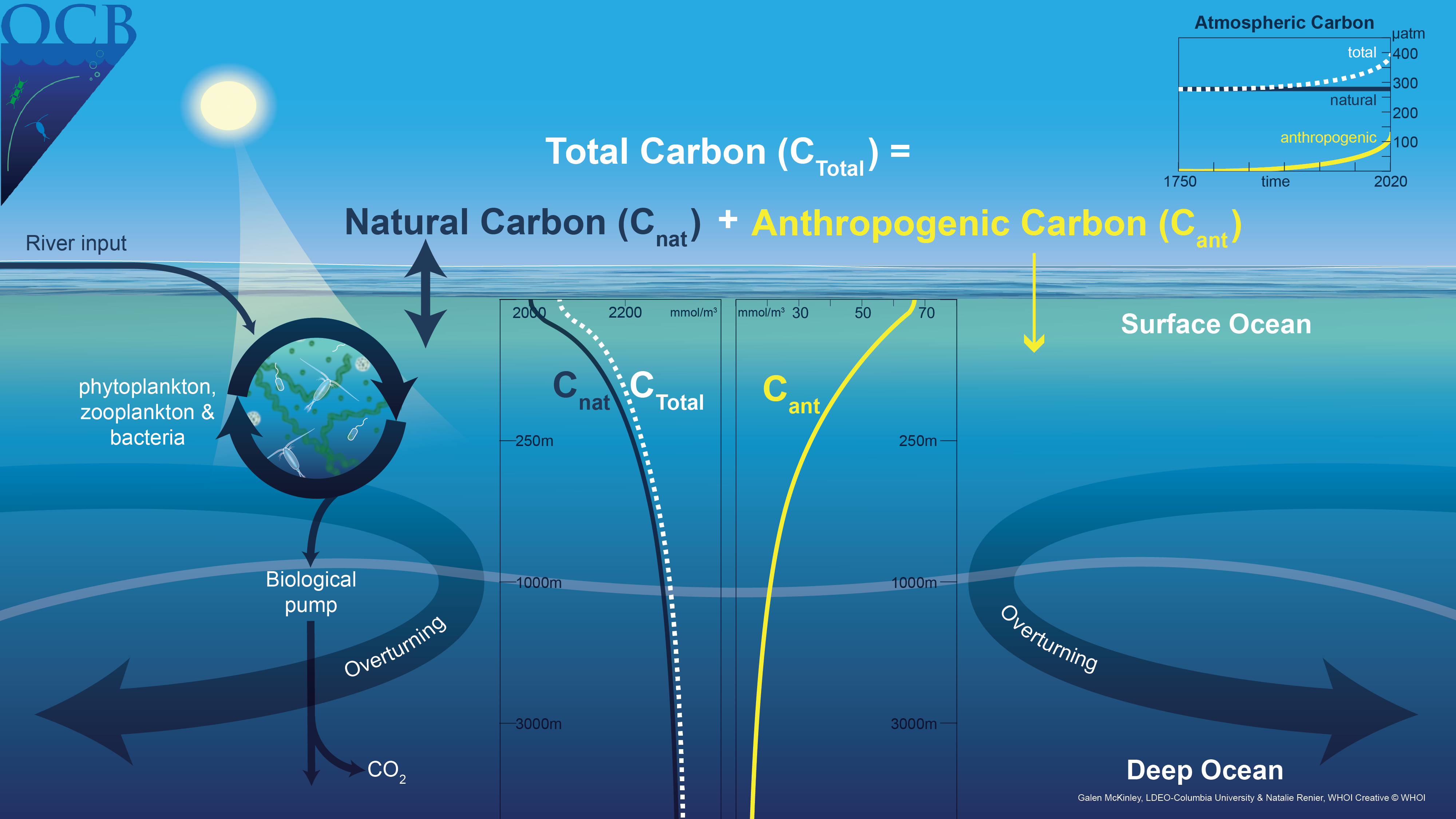With leadership from Galen McKinley (LDEO) (conceptual design) and Natalie Renier (WHOI graphic artist), a new illustration on natural and anthropogenic components of the ocean carbon cycle has been developed as a product of this working group.
Credit: Design: Natalie Renier, WHOI Creative ©WHOI; Concept: Galen McKinley, Columbia Univ., Lamont-Doherty Earth Observatory; Funding: Ocean Carbon & Biogeochemistry (OCB) Project Office (NSF, NASA)
A number of recent studies have applied novel statistical and machine-learning methods to in situ surface ocean carbon dioxide (CO2) observations to estimate the ocean carbon sink with unprecedented spatio-temporal resolution. These studies suggest that the oceanic CO2 sink is more variable on multiyear timescales than previously estimated from biogeochemical model simulations. This newly identified variability challenges our model-based mechanistic understanding and puts into question our projections of the future ocean carbon sink. These observation-based estimates, however, rely on extensive interpolation of limited observations, and thus their reliability is unclear, particularly in data-sparse regions and seasons. Furthermore, inconsistencies regarding the area covered by open and coastal ocean estimates hampers our ability to constrain CO2 fluxes across the full marine continuum (i.e., all tidal waters). The goal of this working group is to assess critical uncertainties in existing observation-based products, determine how best to integrate observation-based open-ocean and coastal-ocean CO2 air–sea fluxes, and quantify uncertainties in the natural (pre-industrial) outgassing of CO2. These efforts will lead to better constraints on the contemporary ocean carbon sink and its variability.
Meeting and Teleconference Dates: May 5-6, 2020 (virtual meeting); July 15, 2020, September 25, 2020; November 16, 2020; January 8, 2021; March 29, 2021; May 26-27, 2021 (virtual meeting, May 26 open to all); September 30, 2021; March 5, 2022 at the Ocean Sciences Meeting (in person).
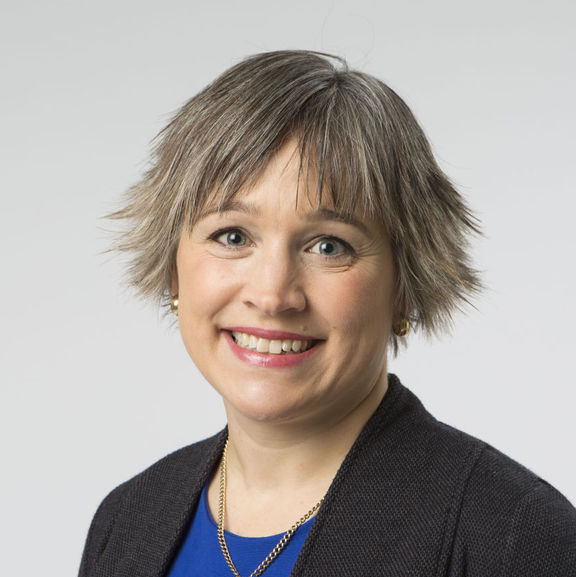

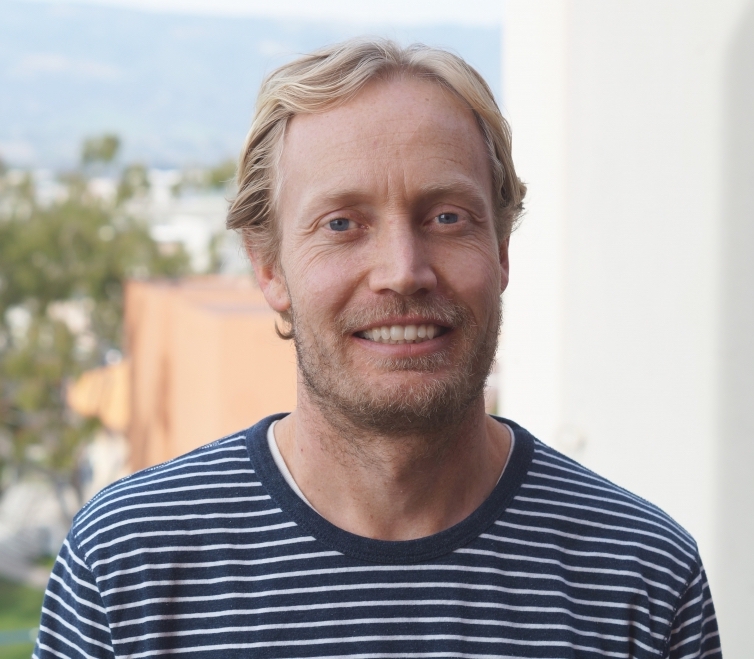
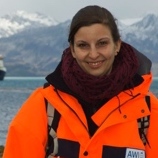
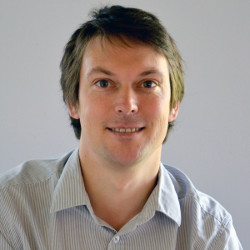

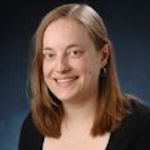
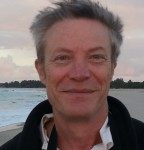

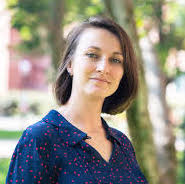
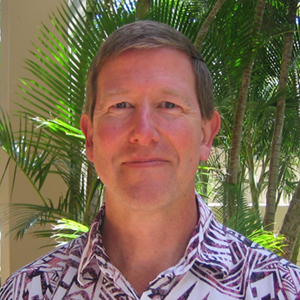
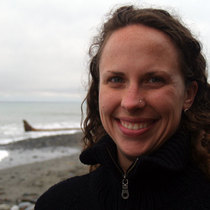
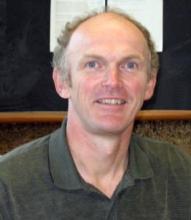
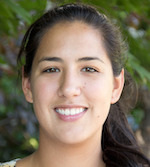
Galen McKinley (Columbia / LDEO, USA)
Jessica Cross (NOAA PMEL, USA)
Tim DeVries (University of California - Santa Barbara, USA)
Judith Hauck (Alfred Wegener Institute, Germany)
Peter Landschützer (MPI-Hamburg, Germany)
Goulven G. Laruelle (Université Libre de Bruxelles, Belgium)
Nicole Lovenduski (University of Colorado, Boulder, USA)
Pedro Monteiro (CSIR, South Africa)
Ray Najjar (Penn State University, USA)
Christian Rödenbeck (Max Planck Institute for Biogeochemistry, Germany)
Laure Resplandy (Princeton University, USA)
Christopher Sabine (University of Hawaii Manoa, USA)
Adrienne Sutton (NOAA PMEL, USA)
Rik Wanninkhof (NOAA AOML, USA)
Nancy Williams (University of South Florida, USA)
Laure Resplandy, Allison Hogikyan, Hermann Werner Bange, et al. A Synthesis of Global Coastal Ocean Greenhouse Gas Fluxes. ESS Open Archive . April 18, 2023.
DOI: 10.22541/essoar.168182303.39621839/v1
Rosentreter, J.A., Laruelle, G.G., Bange, H.W., Bianchi, T.S., Busecke, J.J., Cai, W.-J., Eyre, B.D., Forbrich, I., Kwon, E.Y., Maavara, T., Moosdorf, N., Najjar, R.G., Sarma, V.V.S.S., Van Dam, B. and Regnier, P., 2023. Coastal vegetation and estuaries are collectively a greenhouse gas sink. Nature Climate Change. doi: 10.1038/s41558-023-01682-9.
Hauck, Judith, Moritz Zeising, Corinne Le Quere, Nicolas Gruber, Dorothee C. Bakker, Laurent Bopp, Thi T. Chau, Özgür Gürses, Tatiana Ilyina, Peter Landschützer, Andrew Lenton, Laure Resplandy, Christian Rödenbeck, Jörg Schwinger, and Roland Seferian (2020) Consistency and challenges in the ocean carbon sink estimate for the Global Carbon Budget. Frontiers in Marine Science. doi: 10.3389/fmars.2020.571720
Lovenduski, N. S., Swart, N. C., Sutton, A. J., Fyfe, J. C., McKinley, G. A., Sabine, C., & Williams, N. L. (2021). The ocean carbon response to COVID-related emissions reductions. Geophysical Research Letters, 48, e2020GL092263. https://doi.org/10.1029/2020GL092263.
OCB Working Group on Carbon Gaps Virtual Meetings
May 26-27, 2021, Year 2 Meeting
Wednesday, May 26, 11:00-16:00 EDT
Who: Working group members and open webinar for interested attendees
| 11:00-11:15 | Welcome and Overview of Year 1 activities on Objective 1 |
| Objective 1: Determine how to integrate open-ocean CO2 air–sea flux with fluxes from the coastal ocean, the Arctic Ocean, and natural outgassing. | |
| 11:15 - 12:30 | Progress on Objective 1 (10 min talks, 30 min discuss on issues) ● Climatology to the the coast (Landschützer) ● Harmonization of pCO2 product flux calculations (Fay) ● Coastal (Lacroix and Regnier) ● Synthesis of Fant, Fnat (McKinley) ● Discussion and outstanding issues |
| 12:30-12:45 - break | |
| 12:45 - 13:05 | Models (10 minute talks) ● Carbon and Heat uptake (Bronsealer) ● Data Assimilation for ocean carbon (Mazloff) |
| 13:05 - 13:45 | Observations (10 min talks) ● USV air-sea pCO2 technology update (Sutton) ● BGC-Argo surface carbon analysis update (Williams / Bushinsky) ● Sampling studies semi idealized OSSEs (Laique Djeutchouang) ● Benguela-SOCHIC CO2 and heat flux experiment (Monteiro) |
| 13:45-14:00 break | |
| 14:00 -14:30 | Progress on Data Products (10 min talks) ● Extrapolation to the past (Rödenbeck) ● Using hindcast models as a first guess (Gloege) ● DIC products (Gregor) |
| 14:30-14:50 | Update on Synthesis Activities (10 min talks) ● GCB (Hauck) ● RECCAP2 (DeVries) |
| 14:50 - 16:00 | Discussion |
Thursday, May 27: Objective 2
Who: Working Group
| 11:00 EDT | Summary of Day 1 (McKinley) |
| Objective 2: Recommend a path forward for improvements of air–sea CO2 flux estimates over the coming decades. | |
| 11:15-12:15 | Discussion on Objective 2 for observational products (Discussion Leader: Landschutzer) |
| 12:15– 12:20 Break | |
| 12:20 - 13:15 | Discussion on Objective 2 for coastal ocean (Discussion Leader: Najjar) |
| 13:15 – 13:45 Break | |
| 13:45 – 14:45 | Discussion on Objective 2 for ocean process models (Discussion Leader: Hauck) |
| 14:45 – 15:30 | OCB Working Group Goals and Closing (Discussion Leader: McKinley) ● What synthesis paper do we want to submit in spring 2022? ● What are immediate action items for 2020-2021? ● Bi-Monthly teleconferences |
| 15:30 END | |
Panelists
OCB Working group: Filling the gaps in observation-based estimates of air–sea carbon fluxes
Galen McKinley, Columbia / LDEO, USA
Peter Landschützer, MPI-Hamburg, Germany
Jessica Cross, NOAA PMEL, USA
Tim DeVries, University of California - Santa Barbara, USA
Judith Hauck, Alfred Wegener Institute, Helmholtz Centre
Goulven G. Laruelle , Université Libre de Bruxelles, Belgium
Nicole Lovenduski, University of Colorado, Boulder, USA
Pedro Monteiro, CSIR, South Africa
Ray Najjar, Penn State University, USA
Laure Resplandy, Princeton University, USA
Christian Rödenbeck, MPI-Biogeochemistry, Germany
Christopher Sabine, University of Hawaii
Adrienne Sutton, NOAA PMEL, USA
Rik Wanninkhof, NOAA AOML, USA
Nancy Williams, University of South Florida, USA
May 5-6, 2020 - Year 1 Meeting
May 5-6, 2020
Year 1 Meeting Agenda
Tuesday, May 5: Current state of understanding of the global ocean carbon sink
Who: Working Group and open webinar for interested attendees
Key points for all speakers:
1. How well do we know air-water fluxes and their variability across timescales?
2. What are the most important uncertainties?
3. How can this working group help to bridge from direct pCO2 observations to global and regional synthesis?
Day 1 full YouTube Playlist
| 11:00-11:35 EDT | Welcome and Introductions View recording on YouTube |
| 11:35– 12:45 | The Open Ocean View recording on YouTube |
| Observationally-based products (Landschützer, 8 min) | |
| Hindcast ocean models (Lovenduski, 8 min) | |
| Outgassing of natural carbon input from rivers (Resplandy, 8 min) | |
| Evidence from interior observations (DeVries, 8 min) | |
| Gas Exchange Uncertainties, including OCB workshop on Ocean-Atmosphere Interaction (Wanninkhof, 8 min) | |
| Discussion | |
| 12:45– 12:50 | BREAK |
| 12:50-13:35 | The Coastal Ocean View recording on YouTube |
| Coastal data and global products (Laruelle, 8 min) | |
| Processes in the coastal zone (Najjar, 8 min) | |
| Arctic (Cross, 8 min) | |
| Discussion | |
| 13:35-14:00 | BREAK |
| 14:00-15:20 | Synthesis and Observational Programs (Activities, Goals, Challenges, 2020-22 Plans) View recording on YouTube |
| Synthesis and Planning | |
| RECCAP2 (DeVries, 8 min) | |
| Integrated Ocean Carbon Research (IOC-R) (Sabine, 8 min) | |
| Global Carbon Budget (Hauck, 8 min) | |
| WCRP grand challenge on decadal prediction and OMIP (Lovenduski, 8 min) | |
| Observing Systems and Projects | |
| SOCONET, SOCAT, ICOS-OTC, ISOOS (Wanninkhof, 8 min) | |
| Bio-Argo, SOCCOM (Williams, 8 min) | |
| SO-CHIC project - speaker was unable to connect for this presentation - for more information, please visit http://www.sochic-h2020.eu/ | |
| Discussion | |
| 15:20-16:00 | Plan Open and Coastal Discussion Points for Day 2 (some suggestions at end) |
Wednesday, May 6: Current state of understanding of the ocean carbon sink
Who: Working Group
| 11:00 EDT | Introductions and summary of Day 1 (McKinley) |
| 11:15-12:15 | Discussion on Open Ocean, Part I (Discussion Leader: Landschutzer) |
| 12:15-12:20- | BREAK |
| 12:20 - 13:15 | Discussion on Open Ocean, Part II (Discussion Leader: Landschutzer) |
| 13:15-13:45 | BREAK |
| 13:45 – 14:45 | Discussion on Coastal Ocean (Discussion Leader: Najjar) |
| 14:45 – 15:30 | OCB Working Group Goals and Closing (Discussion Leader: McKinley) |
| What synthesis paper do we want to submit in spring 2022? | |
| What are immediate action items for 2020-2021? | |
| Bi-Monthly teleconferences | |
| 15:30 | End |
Open Ocean Discussion Question possibilities:
- What are the critical uncertainties in observation-based products (skin effect, gas exchange formulation, interpolation technique, changing data density over time)? How can we better constrain these?
- The pre-industrial river flux challenge for global closure
- What is the best approach given current knowledge?
- What is needed in the next 5-10 years to independently constrain this flux?
- What steps are needed to make observation-based products open ocean results more directly comparable to hindcast model simulations in the RECCAP / Global Carbon Budget framework?
- Is there a need for a continuation of the SOCOM inter-comparison and what should this inter-comparison include?
Coastal Ocean Discussion Question possibilities:
- Is pCO2 enough? What are the coastal processes that are most likely to be globally significant?
- What is needed to integrate open ocean and coastal ocean estimates?
- Can we infer interannual variability on a global scale from coastal estimates?

